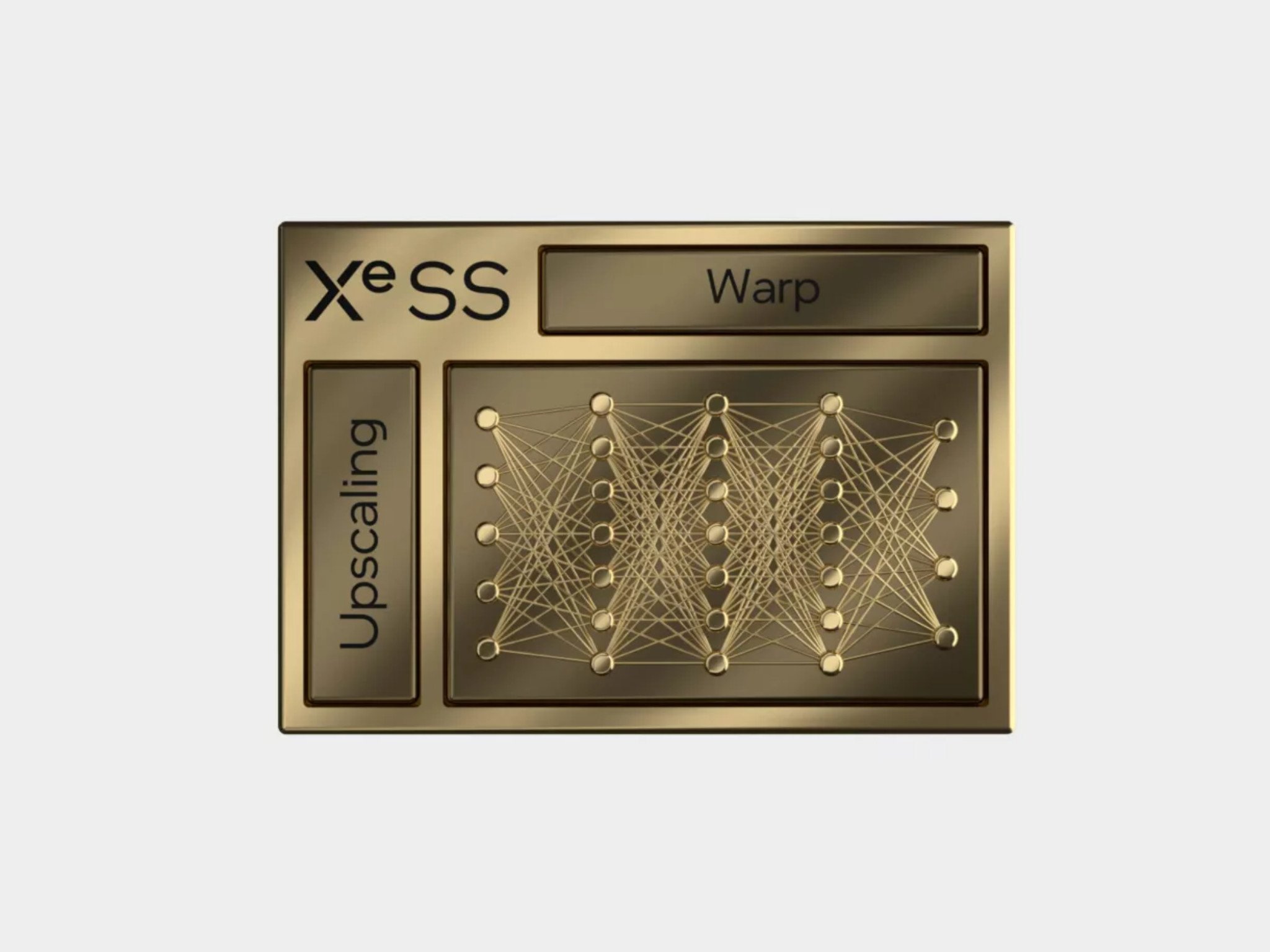Intel showcases XeSS, its answer to NVIDIA's DLSS and AMD's FidelityFX Super Resolution
The upscaling race has another competitor with Intel's Xe Super Sampling.

What you need to know
- Intel showed off its Xe Super Sampling technology at its Architecture Day 2021.
- Xe Super Sampling uses AI to improve gameplay performance in a similar way to NVIDIA's DLSS.
- In early 2022, Xe Super Sampling will launch alongside Intel's Arc GPU architecture.
Intel shared the first video of its new AI upscaling technology at its Architecture Day 2021. The tech is called Xe Super Sampling (XeSS), and it's Intel's answer to NVIDIA's Deep Learning Super Sampling (DLSS). Intel claims that XeSS results in 2x better performance than natively rendering games in 4K.
Like its competitor from NVIDIA, Intel's XeSS uses AI to upscale games. With the feature, games can run in what looks like native 4K while actually rendering games in 1080p and upscaling them. This results in smoother gameplay and requires fewer system resources than native 4K gaming. It also allows PCs capped at 1080p by hardware to game in 4K.
XeSS will come out in early 2022 alongside Intel's first-gen Arc GPU architecture, which is codenamed Alchemist.
Intel will have GPUs that feature dedicated Xe-cores to run XeSS. The GPUs will have Xe Matrix eXtenstions matrix (XMX) engines for hardware-accelerated AI processing. Intel explains that XeSS will be able to run on devices without XMX, including integrated graphics. Intel notes that the performance of XeSS will be lower on non-Intel graphics cards because it will be powered by DP4a instruction.
"We're enabling XeSS on a broad set of hardware, including our competition," said Intel. "We accomplished this by using the DP4a instruction, which is available on a wide range of shipping hardware, including Iris Xe integrated and discrete graphics."
AMD has its own upscaling solution called FidelityFX Super Resolution, though it uses a different method to upscale gameplay. Rather than using AI, FidelityFX Super Resolution uses spatial upscaling.
At its event, Intel also confirmed that DirectX 12 Ultimate will be fully supported by Alchemist technology. Hardware-based ray tracing, including DirectX Raytracing (DXR) and Vulkan Ray Tracing, will also be supported by Alchemist tech.
All the latest news, reviews, and guides for Windows and Xbox diehards.
Unreal Engine 5 already works with Alchemist chips, according to Intel. The company also shared its roadmap for several generations of Arc GPUs again.

Sean Endicott is a news writer and apps editor for Windows Central with 11+ years of experience. A Nottingham Trent journalism graduate, Sean has covered the industry’s arc from the Lumia era to the launch of Windows 11 and generative AI. Having started at Thrifter, he uses his expertise in price tracking to help readers find genuine hardware value.
Beyond tech news, Sean is a UK sports media pioneer. In 2017, he became one of the first to stream via smartphone and is an expert in AP Capture systems. A tech-forward coach, he was named 2024 BAFA Youth Coach of the Year. He is focused on using technology—from AI to Clipchamp—to gain a practical edge.
